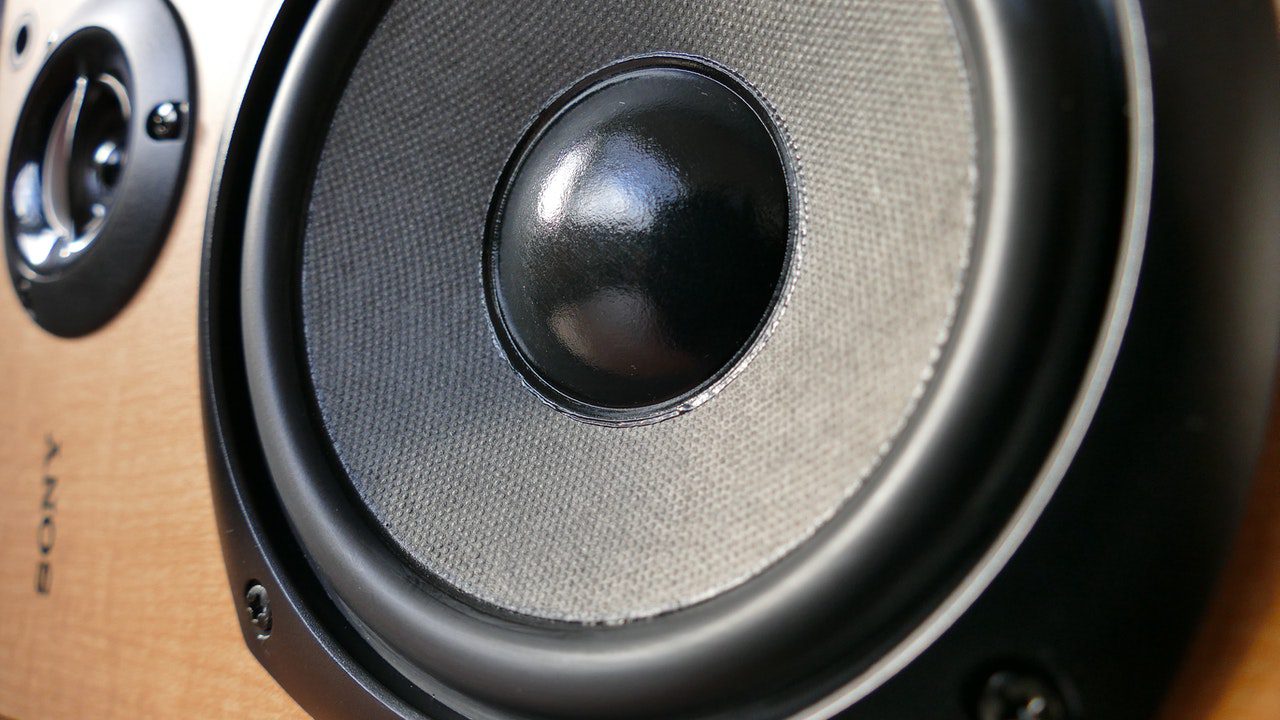It’s not loudspeakers as much as disruptively loud sounds or music that gets you pulled over by the cops. Regardless of car stereo amplification, the law dictates that sounds shouldn’t be heard from 50 feet or more when the vehicle is running on a highway. That is, unless the system is being operated to alert of an emergency or request for assistance. So, what’s the real deal about blasting loud music while driving?
Drivers and Loud Music
When you have the top pick for the best 6×8 speakers, it’s hard not to take advantage of these accessories and let them blast away. The sense of liberation, especially when cruising through a highway surrounded by mountainous scenery, is incomparable.
Aside from possibly annoying the people around you, you could land in some trouble with authorities with this kind of spontaneity. In fact, it may even have you prosecuted in some countries.
Loud Music Laws for Different Countries
Depending on the country, the laws governing loud car stereo music can vary. Each has been set up in specific ways that let readers know clearly where the line should be drawn regardless of the lack of mention of decibel values.
The United States of America
So, what does Uncle Sam say about playing loud music in your car? While that would depend on state legislation, it’s safe to say America is far more lenient when it comes to sound expression than other parts of the world.
Case in point, there’s no federal law in existence that indicates limits to how loud you can play music while driving. Then again, that’s pretty much the norm when it comes to noise regulations. To be certain, you must look into your state laws.
Florida, for instance, is very clear when it comes to how loud the sounds coming from vehicles should be. Its state laws dictate that sounds from car stereos mustn’t be heard from 25 feet and beyond.
In addition, the volume should be turned up no higher than what allows passengers to hear tunes when passing by medical, educational, and religious institutions. Now that all sounds fairly direct, doesn’t it? Still, no decibel number is specified.
Less uncompromising than Florida’s policies on operating sound-making devices in cars is California’s vehicle code. Under this regulation, sounds may be heard as far away as 50 feet from a vehicle. However, this does not apply across all circumstances.
Emergency and law enforcement vehicles are among those exempt from these policies, along with vehicles used for political and business purposes. Thus, reporting these rides for being too noisy could be to no avail.
Furthermore, there is an extent to which honking is permissible, as some may take advantage of the lack of limits and lie on their horns. It’s worth noting that Florida loosened this regulation in recent years due to its unreasonable restriction on people’s freedom of expression.
Where the United States is concerned, it all comes down to the intent of the noise at the end of the day. Regardless of the noise law in your state, if someone is purposely trying to create noise to disturb the peace or cause a commotion, that’s considered a violation more often than not.
The United Kingdom
You might find a comparison between the US and UK laws governing loud music in vehicles helpful for finding out the norm. So, where do UK laws draw the line when it comes to car noise?
Unfortunately, the UK tends to be a bit vague when it comes to these policies. In many cases, the law enforcement personnel who make the report also make the final call. That won’t really allow for much fairness unless traffic authorities across the board are undoubtedly fair and just (and that just won’t be the case).
Nevertheless, some policies do make mention of specific circumstances where violations due to excess vehicle noise are committed. For example, ice cream trucks are prohibited from playing music prior to noon and after sundown.
The Consequences
Regardless of the differences in the laws surrounding vehicle sound operation, the consequences for violating these regulations range from little to non-existent. Then again, even if the law isn’t clear-cut about what it deems too loud, you can still get in trouble with traffic patrol for going overboard.
As a responsible driver, you should be as aware of what’s going on inside the car as you are of the things going on outside it. It should be easy enough to tell when the music gets disruptive or starts to disturb the peace. Be careful to notice the signs, or you may have a hand in your or someone else’s accident.
It’s All About Intent
In general, laws governing car stereo operations across the globe aren’t the strictest. In particular, the US is among the more lenient nations where these policies are concerned.
For as long as you don’t mean to disturb the peace or cause a commotion with your music, you should be able to get out of getting a ticket in the first instance. Also, sincerity can mean the difference between a pass and a violation. It shows your responsibility as a driver and your concern for other people’s safety and well-being.







